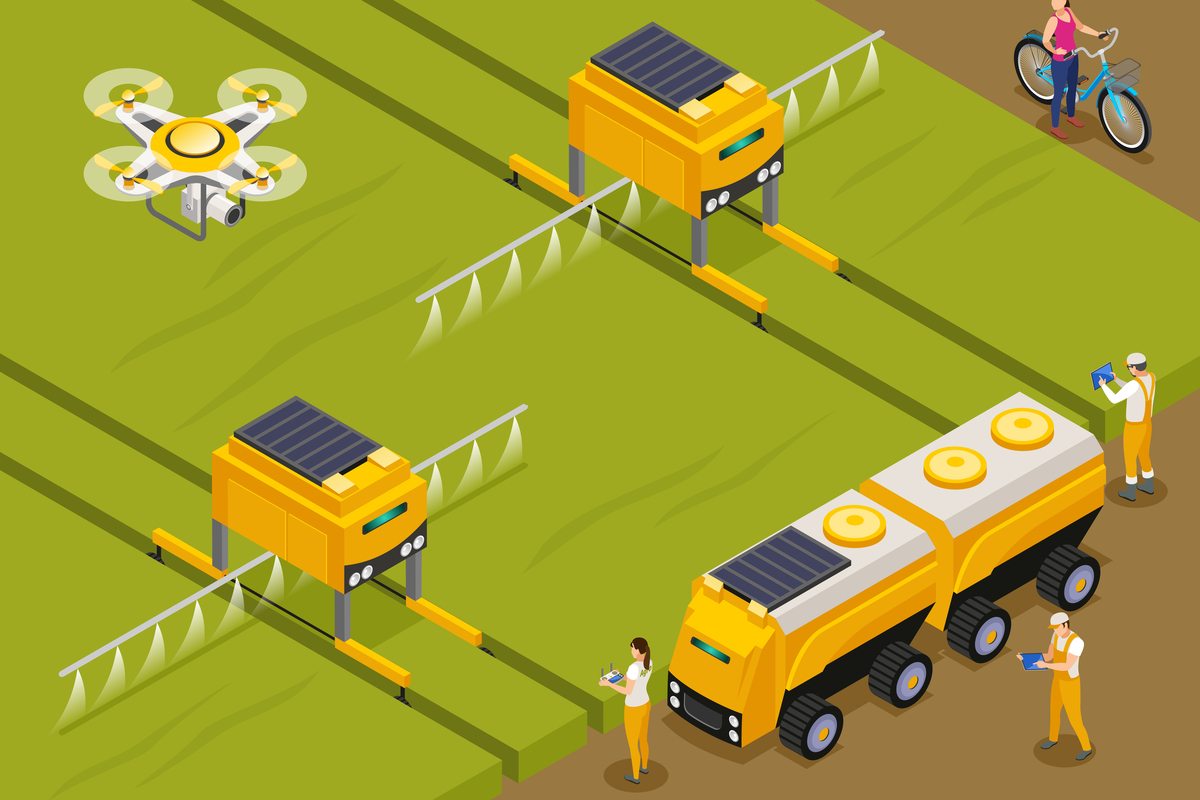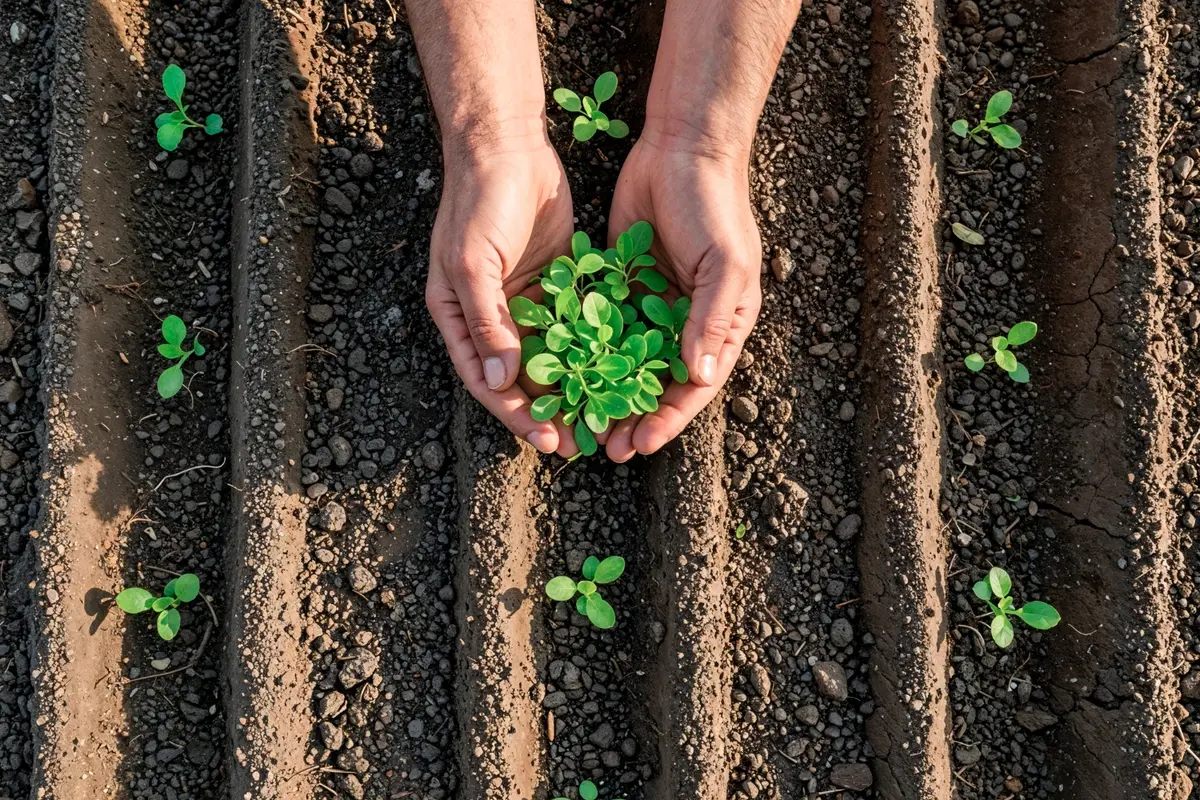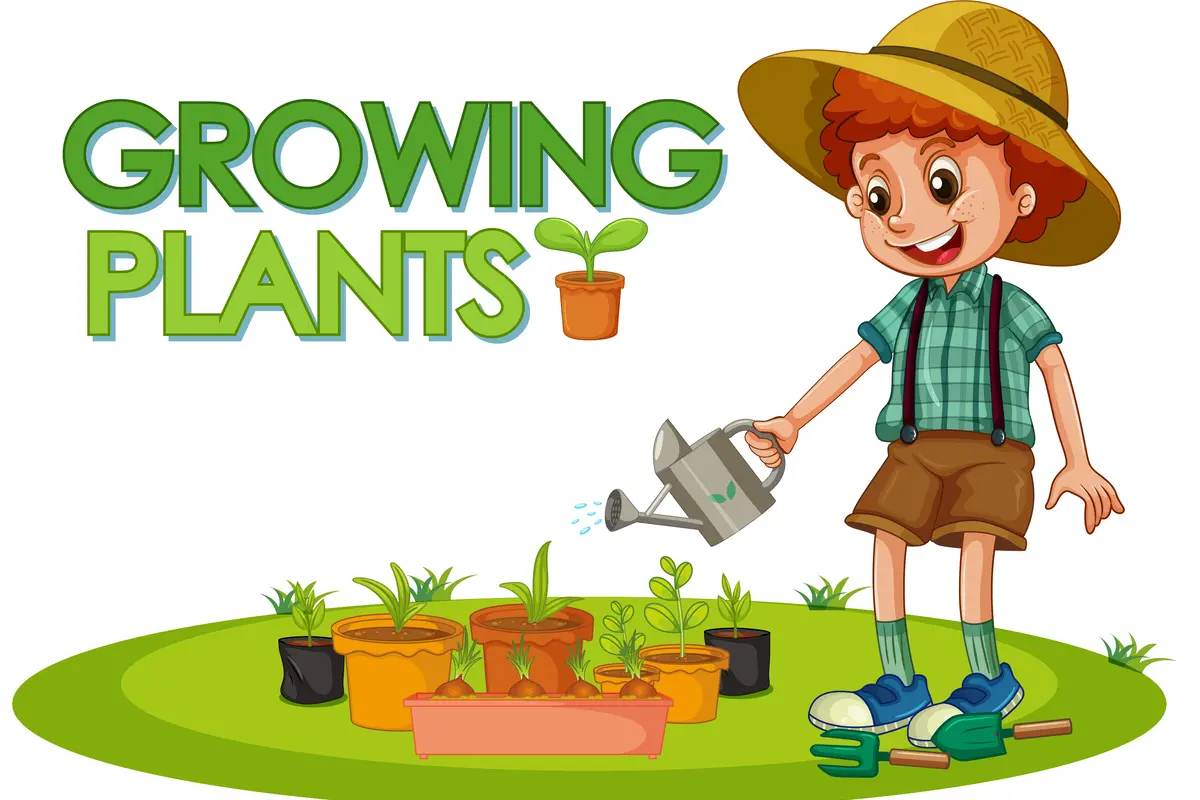Vermicomposting is an eco-friendly method of converting organic waste, such as vegetable scraps, garden waste, and paper, into nutrient-rich compost with the help of earthworms. The worms consume the waste materials and excrete them as castings, which are high in essential nutrients like nitrogen, phosphorus, and potassium. It plays a significant role in sustainable agriculture and waste management by reducing landfill waste and improving soil health.
While this natural process offers several advantages like cost-effectiveness, enhanced soil fertility, and environmental protection, it also has certain disadvantages, including sensitivity to temperature and moisture, space requirements, and maintenance challenges. In this article, we will explore both the advantages and disadvantages of vermicomposting to better understand its potential and limitations for farmers and gardeners.
Table of Contents
Advantages of Vermicomposting
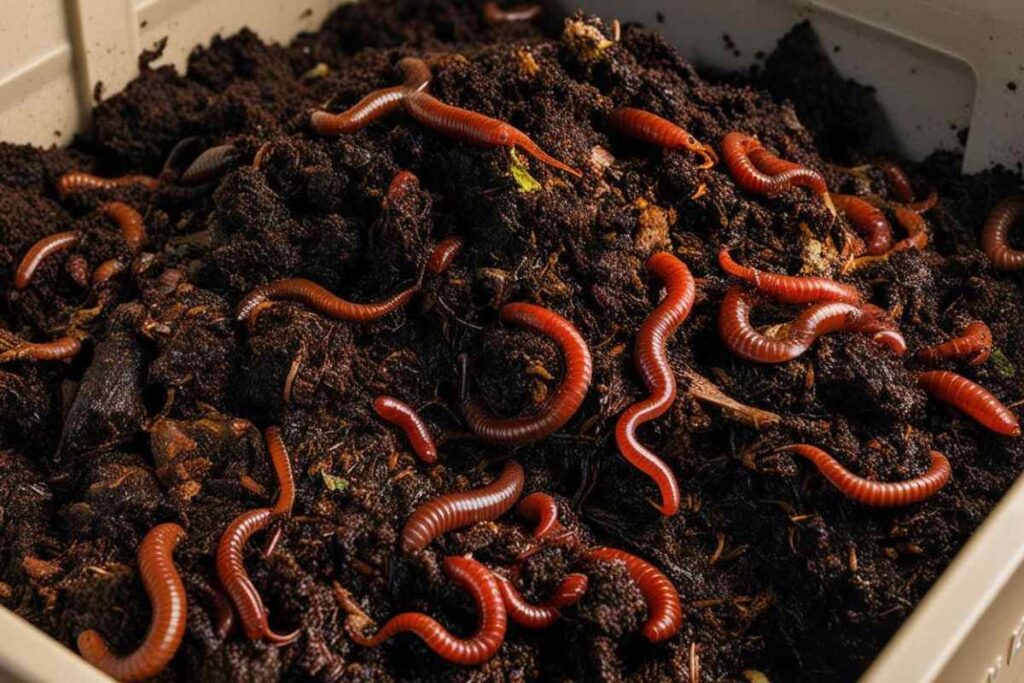
1. Improves Soil Fertility
Vermicompost is rich in essential nutrients like nitrogen, phosphorus, potassium, calcium, and magnesium, which are crucial for plant growth. It also enhances the availability of micronutrients. When applied to soil, vermicompost improves soil fertility by providing a slow and steady release of nutrients, ensuring healthier and more vigorous plant development.
2. Enhances Soil Structure
The application of vermicompost improves the physical structure of the soil. It increases soil aeration, water retention, and drainage, making the soil more porous and friable. This improved structure helps roots to penetrate more easily and access nutrients and water efficiently.
3. Encourages Microbial Activity
Vermicomposting introduces and supports a diverse population of beneficial microorganisms such as bacteria, fungi, and actinomycetes. These microbes help break down organic matter more effectively, converting it into plant-available forms. They also produce natural growth-promoting substances and help in suppressing harmful pathogens.
4. Reduces Waste and Pollution
Vermicomposting provides an eco-friendly solution for managing organic waste such as kitchen scraps, agricultural residue, and garden waste. Instead of allowing these materials to end up in landfills or being burned, vermicomposting recycles them into valuable compost. This process not only reduces the burden on waste management systems but also minimizes pollution and greenhouse gas emissions.
5. Cost-Effective and Low Maintenance
Vermicomposting is a low-cost method of producing high-quality organic fertilizer. Once the setup is in place, maintenance is minimal, and the recurring costs are low compared to chemical fertilizers. It is especially beneficial for small-scale farmers and gardeners, as it reduces dependency on expensive commercial inputs while improving soil productivity over time.
6. Promotes Plant Growth and Yield
The humic acids and plant growth regulators found in vermicompost stimulate root development and improve the uptake of nutrients. This leads to better plant health, stronger immunity, and increased productivity. Research has shown that crops grown with vermicompost often yield more and have improved quality in terms of taste, size, and nutritional content.
7. Environmentally Sustainable
Vermicomposting is a sustainable agricultural practice that aligns with the principles of organic farming and environmental conservation. It reduces the need for chemical fertilizers and pesticides, lowers carbon footprints, and helps in maintaining the natural balance of the ecosystem.
8. Safe and Non-Toxic
Unlike chemical fertilizers, vermicompost is completely natural and non-toxic, making it safe for plants, humans, and animals. It does not cause soil degradation or pollution of water bodies through runoff. This makes vermicompost an ideal choice for organic farming, kitchen gardens, and areas where food safety and environmental protection are top priorities.
Disadvantages of Vermicomposting
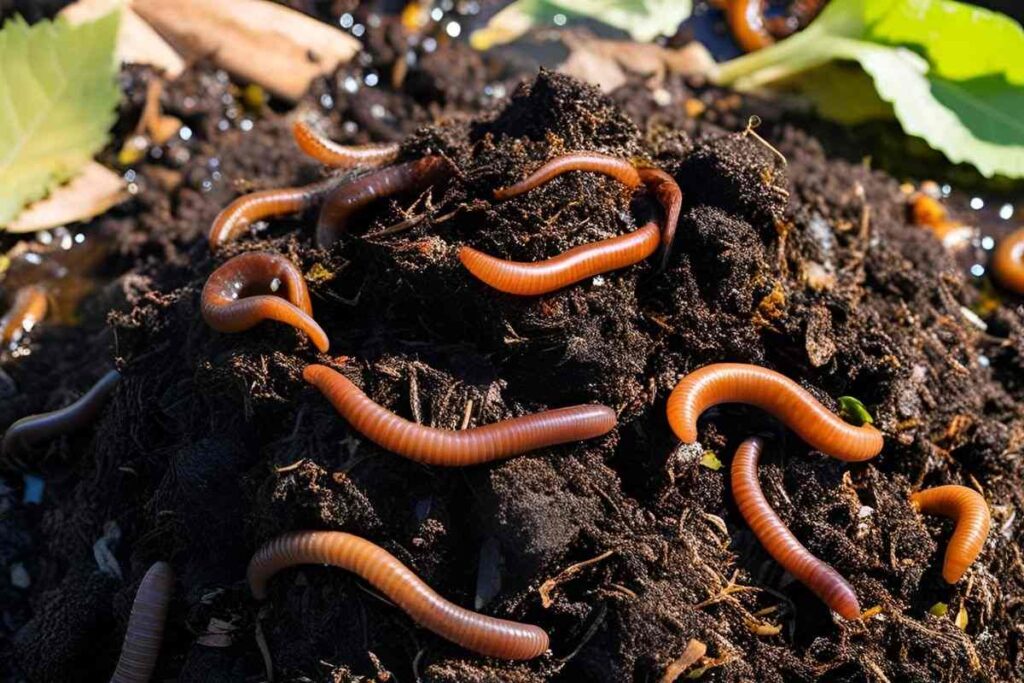
1. Sensitive to Temperature and Climate Conditions
Vermicomposting requires a stable environment with moderate temperatures, ideally between 15°C to 30°C. Worms are highly sensitive to extreme heat, cold, and direct sunlight. In colder regions, vermicomposting may slow down or stop altogether unless additional heating is provided, which can increase the cost and complexity of the system. Similarly, hot temperatures can stress or kill the worms if not properly managed.
2. Requires Regular Maintenance
Unlike some other composting methods, vermicomposting demands constant attention. The moisture level, temperature, and food supply must be regularly checked and balanced to keep the worms healthy. Overfeeding can cause foul odors and attract pests, while underfeeding may slow down the composting process.
3. Limited to Specific Types of Waste
Worms used in vermicomposting cannot process all types of organic waste. Items like meat, dairy products, oily food, and citrus peels can harm the worms or create strong odors. This limits what can be added to the bin, requiring users to sort waste carefully, which can be inconvenient and may lead to mistakes.
4. Risk of Pests and Unpleasant Odors
If not properly managed, vermicomposting bins can attract pests like fruit flies, ants, and rodents. Overfeeding or adding inappropriate materials can also lead to bad smells due to anaerobic decomposition. This can be a major issue, especially for people keeping compost bins indoors or in small outdoor spaces.
5. Requires Space and Proper Setup
Though not as large as traditional compost piles, vermicomposting still requires space for bins, bedding material, and organic waste. People living in small apartments or places with limited outdoor space may find it difficult to set up and maintain a vermicomposting system.
6. Slow Initial Process
The vermicomposting process can be slow to start. It may take weeks or even months for the worms to adjust, reproduce, and build a healthy population that can process large quantities of waste efficiently. This initial phase can discourage beginners who expect quick results and immediate benefits.
7. Worm Population Management
As the worm population grows, it may become necessary to divide or expand the bin to avoid overcrowding. If not managed properly, overcrowding can lead to competition for food, stress among worms, and reduced efficiency.
8. Not Ideal for Large-Scale Composting
While vermicomposting is excellent for small-scale or household waste management, it is less effective for large-scale operations. Managing tons of organic waste with worms requires a huge number of bins, careful monitoring, and specialized infrastructure, making it less practical and more labor-intensive compared to industrial composting methods.
Conclusion
Vermicomposting is an eco-friendly and sustainable method of managing organic waste, offering several advantages, especially beneficial for small-scale farming, gardening, and household waste recycling. However, it also comes with certain disadvantages, including sensitivity to environmental conditions and the need for regular maintenance. To achieve the best results, it’s important to have the right knowledge, care, and dedication. Understanding both its benefits and challenges helps individuals and communities make informed decisions about its use.



